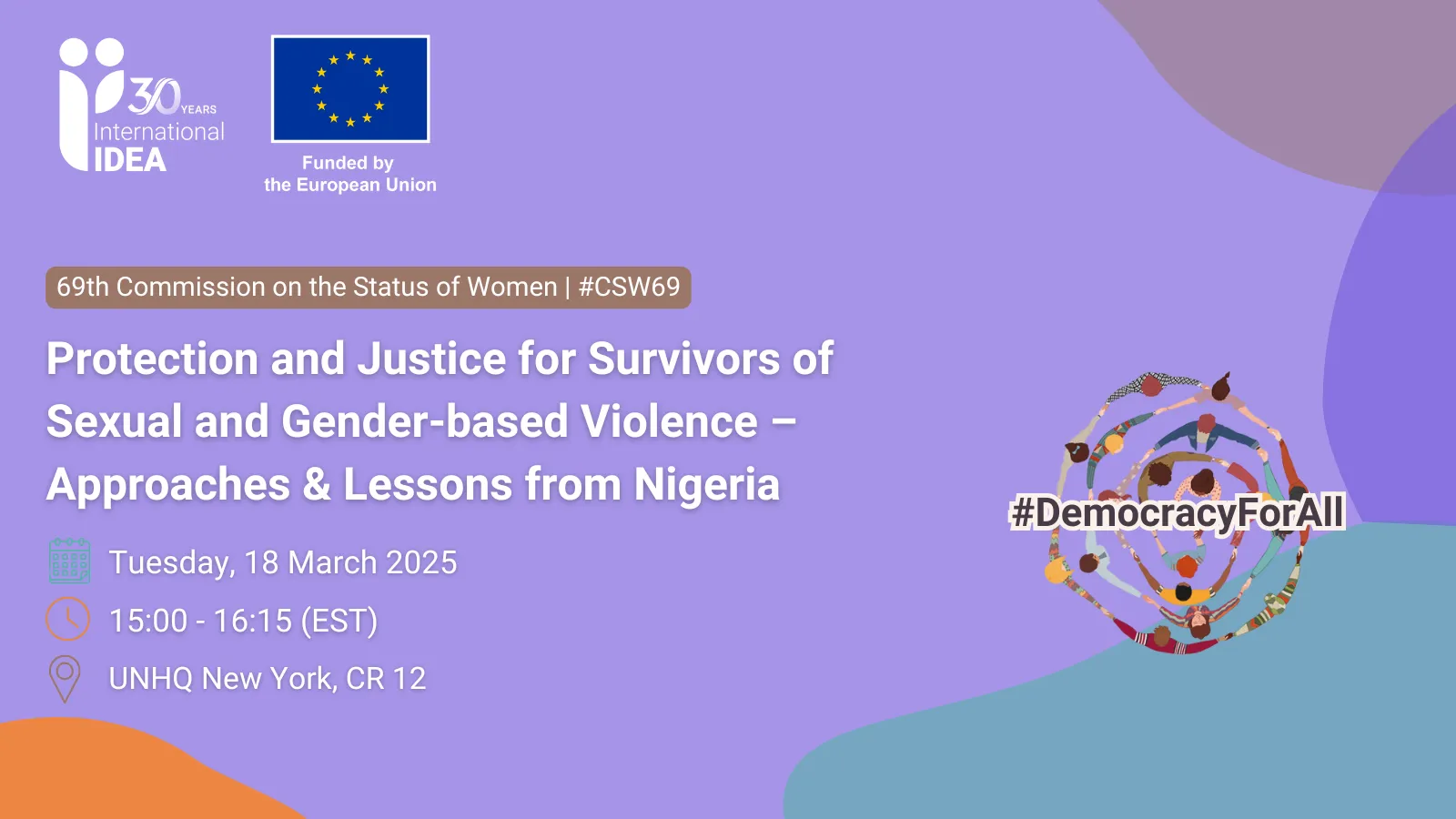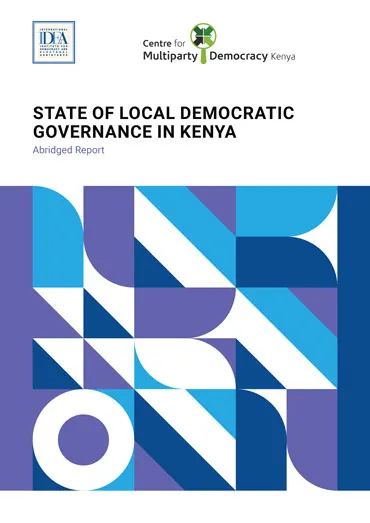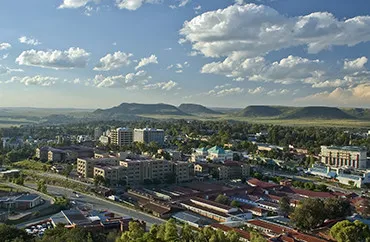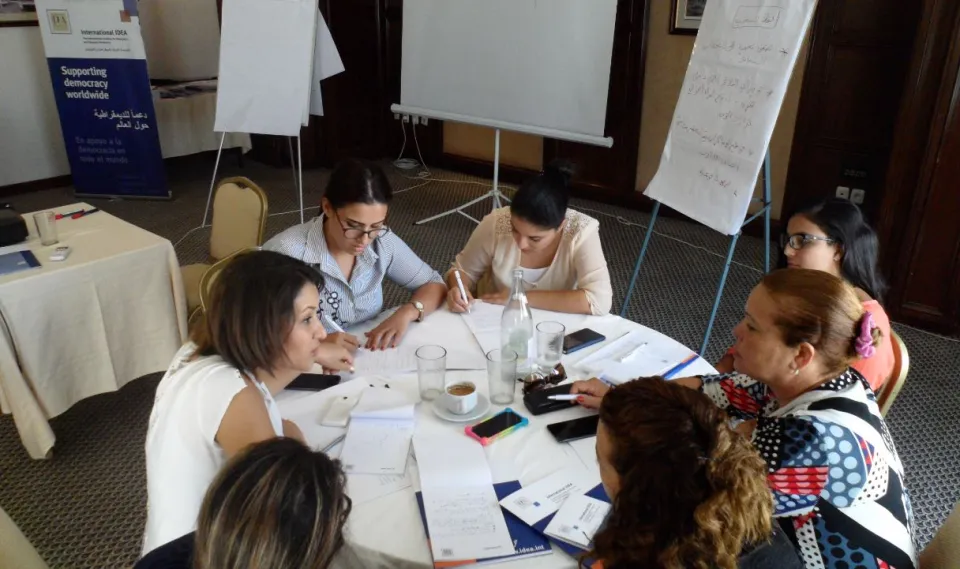Protection and Justice for Survivors of Sexual and Gender-based Violence – Approaches & Lessons from Nigeria

The UN has identified Gender-based violence (GBV) against women as one of the most severe human rights violations across the world. Despite the scale and scope of GBV incidents, survivors who seek help through formal or informal justice sector channels, continue to navigate numerous challenges in doing so. According to the Nigeria Demographic and Health Survey 2018 (NDHS), 31 percent of girls and women aged 15-49 years have experienced physical or sexual violence at least once in their lives but more than fifty percent of them had never sought help.
From social norms that stigmatize or blame survivors, to community pressure to withdraw a report, a lack of economic resources, to the widespread corruption and a lack of professional capacity among criminal justice sector officers; survivors must overcome extreme difficulties in order to access protection or justice. Justice and protection services are not readily available, and where they exist, are often inaccessible, underfunded or inadequately staffed.
International IDEA’s Rule of Law and Anti-corruption (RoLAC) Programme in Nigeria is recording progress and results in addressing these challenges. The Programme, which is funded by the European Union and steered under the leadership of the Federal Ministry of Justice, collaborates with state government partners and civil society organisations to enable access to rights, protection and survivor-centred medical and psychosocial services for those who have experienced sexual and gender-based violence in Nigeria.
So far, the RoLAC Programme has enabled emergency response through Sexual Assualt Referral Centres (SARCs) for over 48,000 survivors, 70% of whom have been children. RoLAC’s design recognises the monumental resourcing and capacity challenges faced by the Nigerian government and reflects the Programme’s deliberate focus on leveraging and maximising infrastructure and systems that already exist at state or federal level. Through strengthening legislation and policy, the establishment Sexual Assault Referral Centres and the National Sexual Offender Database, the designation of SGBV Courts, and community engagement, the Programme has contributed to the overall progress of the SGBV response sector in Nigeria and facilitated inter-agency coordination across the formal and informal justice sector.
The purpose of the planned side-event is to share learning from key interventions which have delivered the strongest outcomes and which contribute to the implementation of the Beijing Declaration and Platform for Action.
Speakers
- Titilola VIVOUR-ADENIYI, Executive Secretary, Lagos State Domestic and Sexual Violence Agency, Nigeria
- Fatima WAZIRI-AZI, Professor of Public Law, Nigerian Institute of Advanced Legal Studies & Founder, Safe Haven Foundation
- OlaOluwa OLAWUMI, Programme Manager, Democracy, Rule of Law and Gender / Democratic Governance, Migration and Peace & Security Section, Delegation of the European Union to the Federal Republic of Nigeria and ECOWAS
- Oluwatoyosi GIWA, Project Manager, Access to Justice & Coordinator for the Network of Sexual Assault Referral Centres (SARCs) / Rule of Law and Anti-corruption (RoLAC) Programme, International Institute for Democracy and Electoral Assistance
Moderator
- Rumbidzai Kandawasvika-Nhundu, Principal Advisor, Democracy and Inclusion, International IDEA



